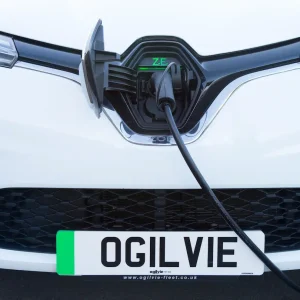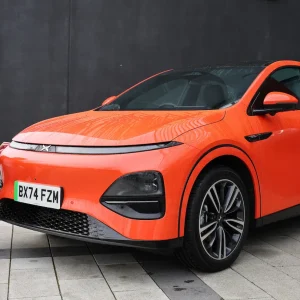This month, HMRC announced that it planned to look at closing a loophole in the current company car benefit in kind system that means hybrids and genuine zero emissions vehicles often end up in the same tax bandings.
On first glance, this makes sense. Hybrids that cover a handful of miles on electricity before firing up their internal combustion engine produce more emissions than than pure electric vehicles.
However, the approach here strikes me as little more than tinkering. Shouldn’t we be looking at changing the overall BiK rules to take a much more representative look at the environmental impact of company cars?
The fact is that the current CO2-based regime was designed entirely to tackle climate change. This is an extremely important area and should form the core of any future taxation system – but the truth is that company vehicles pollute in any number of other ways, many of which are becoming more and more obvious.
An area that has received increasing press attention of late is overall air quality, especially in major cities, yet there is nothing specific in the company car taxation system that takes account of NOx or particulates. This seems to me to be a major omission.
Also, crucially, no part of the car or van taxation rules take any account of the environmental impact of the manufacturing process, which some studies suggest could account for at least 50% of overall lifetime effects of the vehicle.
We should also perhaps start to examine, as more and more EVs start to appear on the roads, where their power is being generated.
Establishing a BiK system that takes all of these factors and potentially more into account would not be easy but also it is by no means impossible. For example, the recently-introduced EU rating system for tyres looks at three key factors and awards an A-E rating.
Devising something similar for company cars and vans could provide a much more effective overall environmental measure of each model and form the basis of a BiK taxation system that is much more representative of their real world impact





